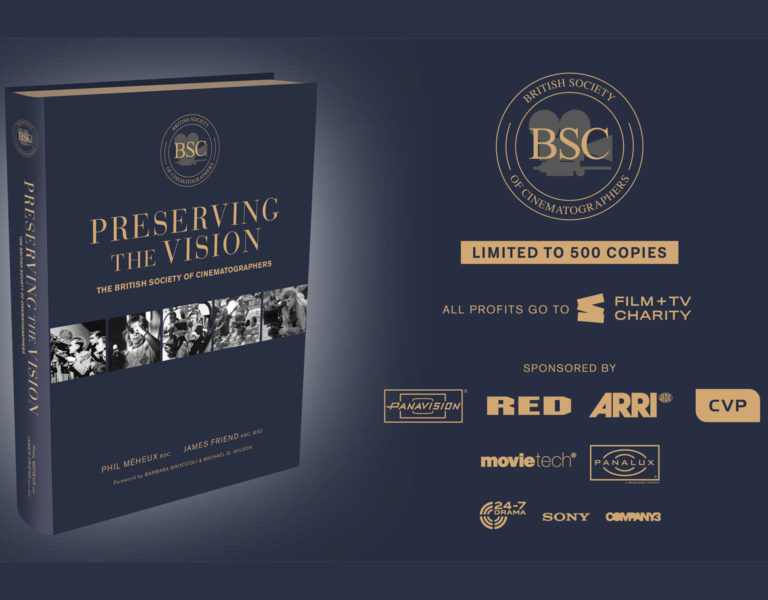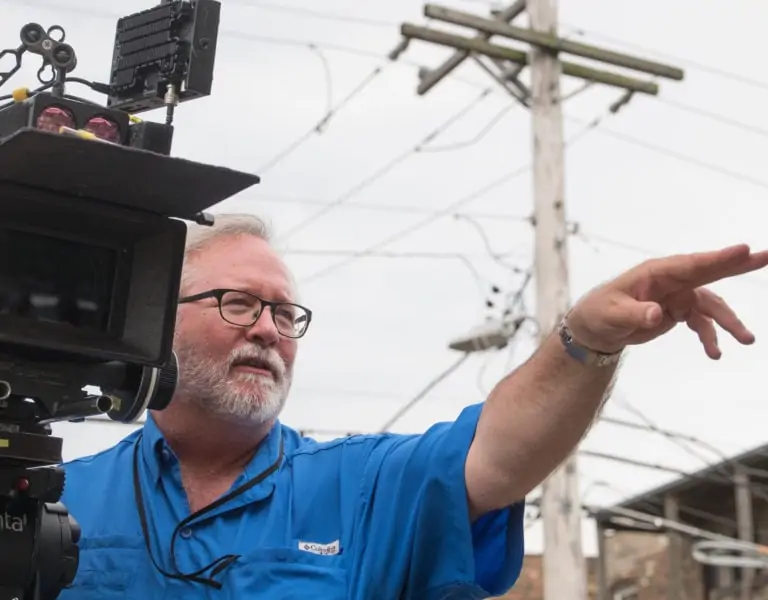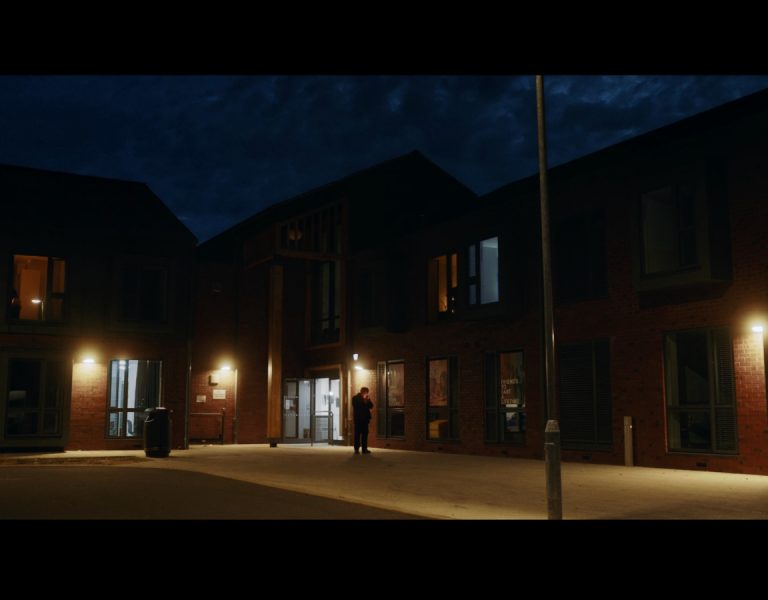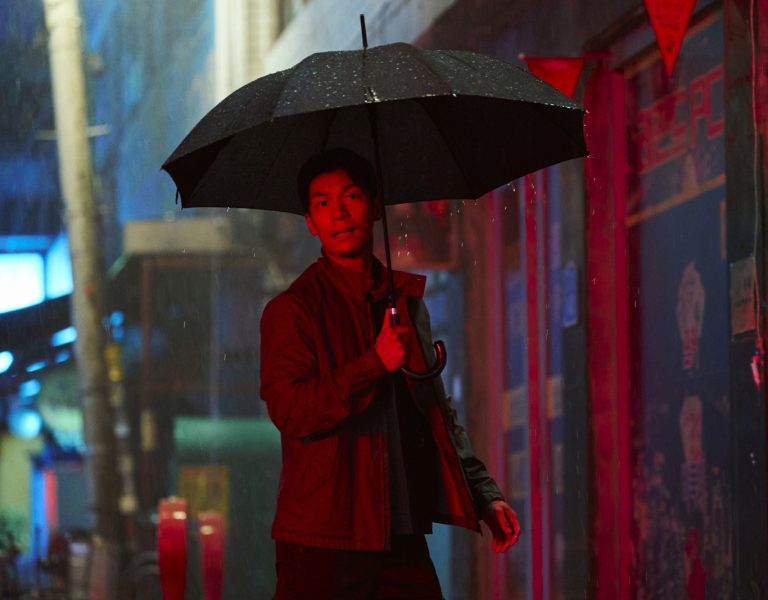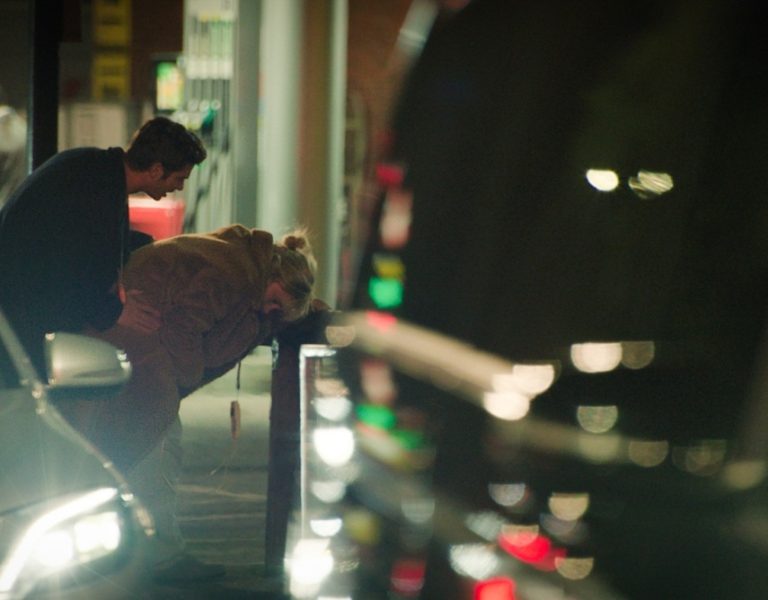Ralph Hutchins, writer and director, looks at why it’s important to preserve filmmaking in rural parts of the UK.
After wrapping on my latest film Scrutiny of Friendship which was set in rural England, a question I had been pondering for a while, finally landed at my feet. Why should we keep preserving rural filmmaking in the UK if it’s such a challenge?
We encountered so many barriers whilst shooting this film which we had overcome, whether it was connecting to power, dealing with getting to set through unsmooth roads, dealing with the unpredictability of the weather or if it’s the safety issues whilst being on this rural set surrounded by animals.
Myself, the cinematographer (Jake Langley) and the camera operators (George Baker and Finn Irving), all knew that the benefits create a beautifully stunning shot.
But I asked myself after the shoot is it worth it?
Absolutely.
As more and more British films are pumped out by the industry, a grey smog looms out of the cities and hovers into the rural side of the UK and it’s something we need to be looking out for.

Rural filmmaking creates a difference from the production line blockbusters that come from the cities. As directors, writers and cinematographers, we can’t always be coming from the same place, otherwise we are going to get the same stories. Especially for the next generation of filmmakers, we need to support these new diverse ideas. I cannot exaggerate enough the challenges young filmmakers from rural backgrounds will encounter when trying to take their films up a level. They don’t have the same level of support, or access to key crew, compared to filmmakers in London or the same opportunities. As a filmmaker from the UK countryside, I’ve found we’ve always been a step behind.
Rural filmmaking shouldn’t only be preserved for the sake of the beauty from the country but also for the people who come from there. A teenager from rural England trying to follow through on a career in filmmaking is more of a rarity than a teenage filmmaker in London. We all know the jobs and incomes that films can bring people – and it could be argued that not focusing more on the rural aspect is blocking support for a lot of people.
Rural filmmaking offers a view into that heritage that we don’t see in the concrete jungles. The land that’s being filmed there has been there for as long as anyone can imagine. Whether filming is taking place in a field, old farmhouses or old English houses, more eyes should be looking towards the rural area for filmmakers.
As mentioned, I come from the rural side of the UK, surrounded by fields and animals and not towering buildings. When it comes to film sets, we need to support these rural areas not only financially but also environmentally. These areas can’t be abused or treated poorly after filming, they should be kept intact and protected but whilst also supporting the people around us in that area, especially with farmers struggling to keep up with the cost of living and who are forced to create more revenue streams. There’s a scale for these two points and they need to be balanced when supporting these productions.
When I was a boy, I was brought up watching the old James Bond films, after seeing Sam Mendes’ Skyfall and the odd Bond film push into that rural world, I was truly hooked on pushing films more in that direction. I’ve been a huge fan of directors such as Guy Ritchie and Edgar Wright, with Guy, constantly shining a light on rural filmmaking and embracing a traditional approach, which is a step I want to follow. His film Snatch from 2000, dives headfirst into that rural world and yet tells a strong and compelling story, with his latest film/new series The Gentlemen going into the rural aristocratic world.
However, a more recent film that’s taking a sinister approach to the rural side of the UK is Daniel Kokotajl’s Starve Acre. I’m not sure if it’s encouraging people to film in the country more or steer them away!
As a director and the odd cinematographer, the style of film I often enjoy orientates around the rural aspects of the UK, so as my career progresses I’ve begun to question what that means for my work and style? Will I leave it behind, change and adapt to a different style or force it onto something else? As I currently split my time across the UK and California, I’ve almost felt a bit lost as to what I should do to combat this (even regretfully thinking about throwing in the towel for filmmaking at some points). I dwelled on this for a while and I came to the conclusion I mentioned earlier – how boring would it be if we all came from the same place, we’d all tell the same stories, right?
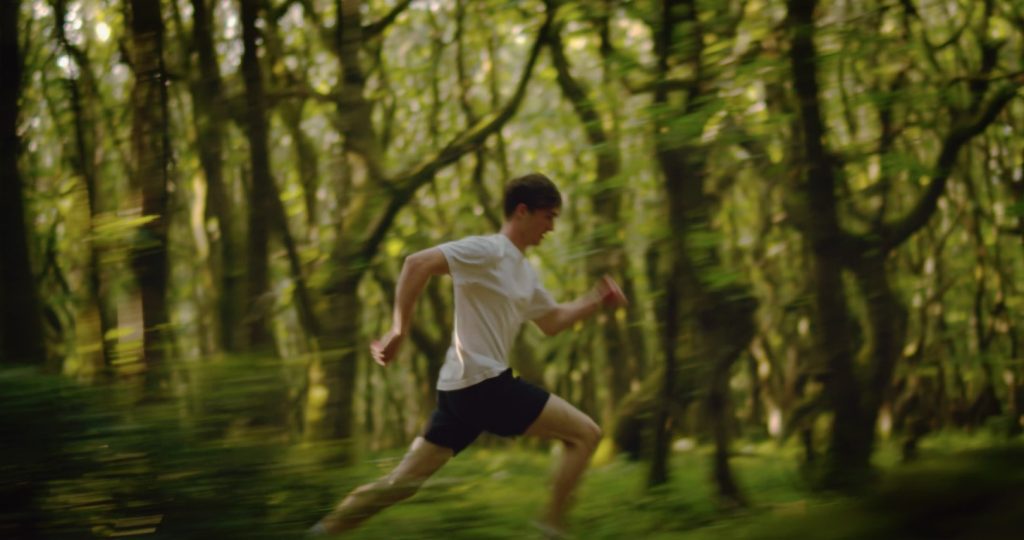
Where you come from is what defines you and tell’s who you are. Your difference is what makes you interesting.
So, this is why I’m asking the question why should we and how can rural filmmaking be preserved? Send more cameras? Send more sound equipment? No – I believe people should just divert their eyes towards it.
Going forward, I’ve thought about what the future will look like for filmmaking in rural parts of the UK if we further turn our eyes towards it and allow it to take off and I’ve realised we’re beginning to enter a paradox.
How can we preserve the UK’s rural beauty if we’re scared to alter it or go near it?
And the answer is we can’t.
Nothing can be altered regarding the landscape of the country otherwise we destroy what we’re looking to save. Unfortunately, we create this grey smog that lingers above the cities, and we can’t bring this grey smog into the countryside. These Areas of Outstanding Natural Beauty (AONB) are called this because they’re preserved and looked after. We can’t allow the traffic congestion and population density to increase, it all must be maintained.
The scale constantly needs to be balanced, the rural aspects need to stay intact and act as if nobody was ever there. Moving forward we must make promises. The rural side of the UK is so stunning that we can’t go building big studios in the countryside, we must continue the struggle! Whether it’s going off road or dealing with the uneven landscape, we must make the effort to go there and respect it.
I really hope that British cinema won’t be the death of British countryside.

